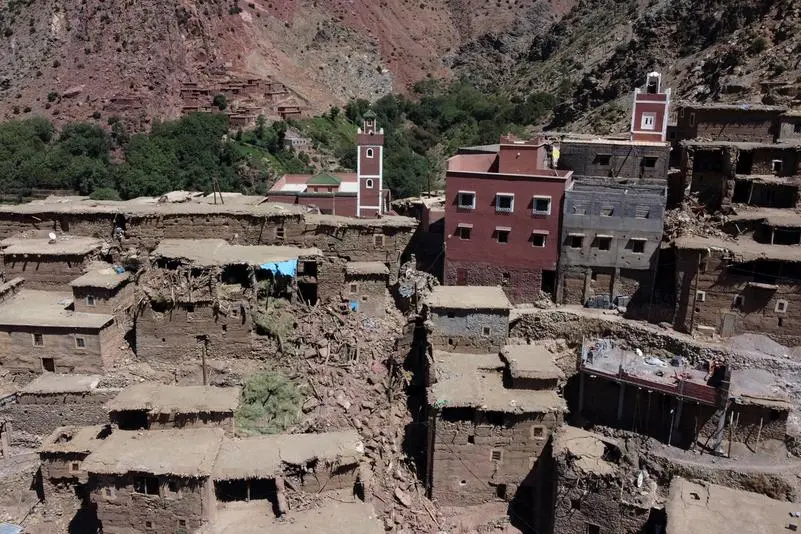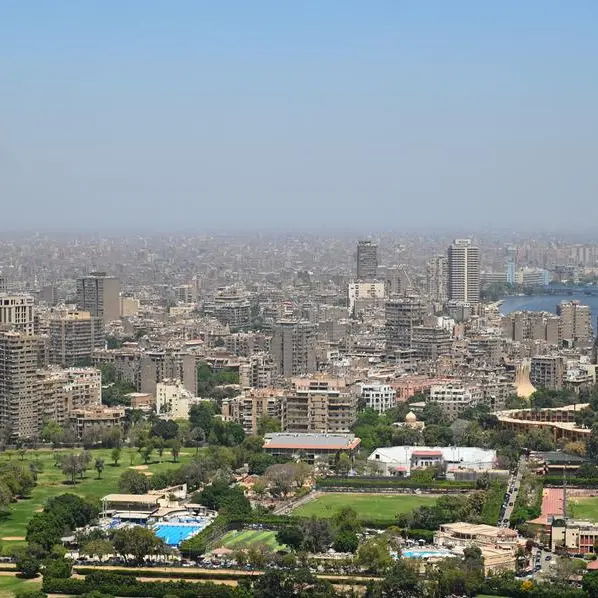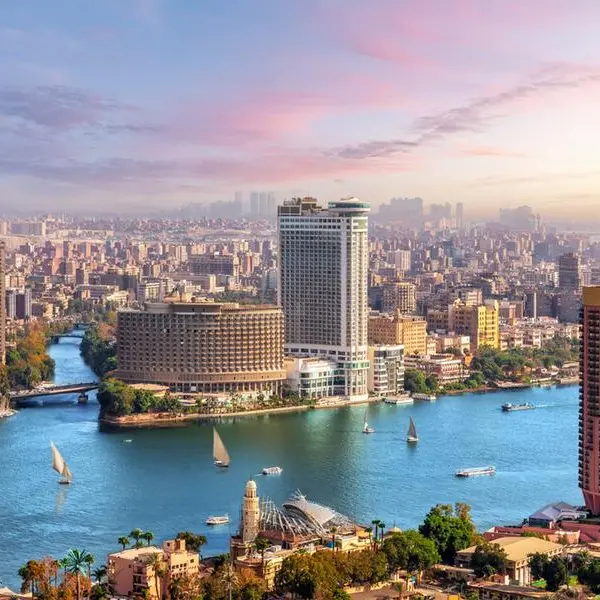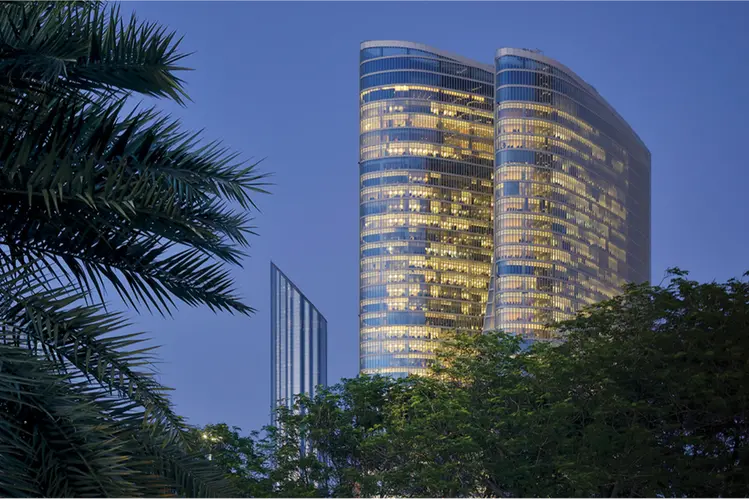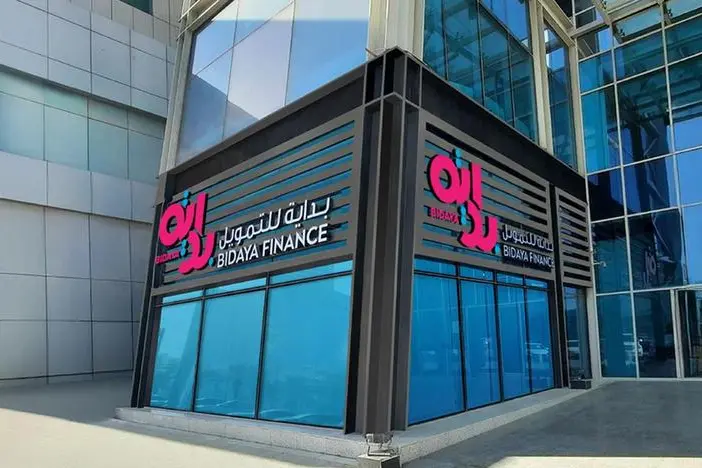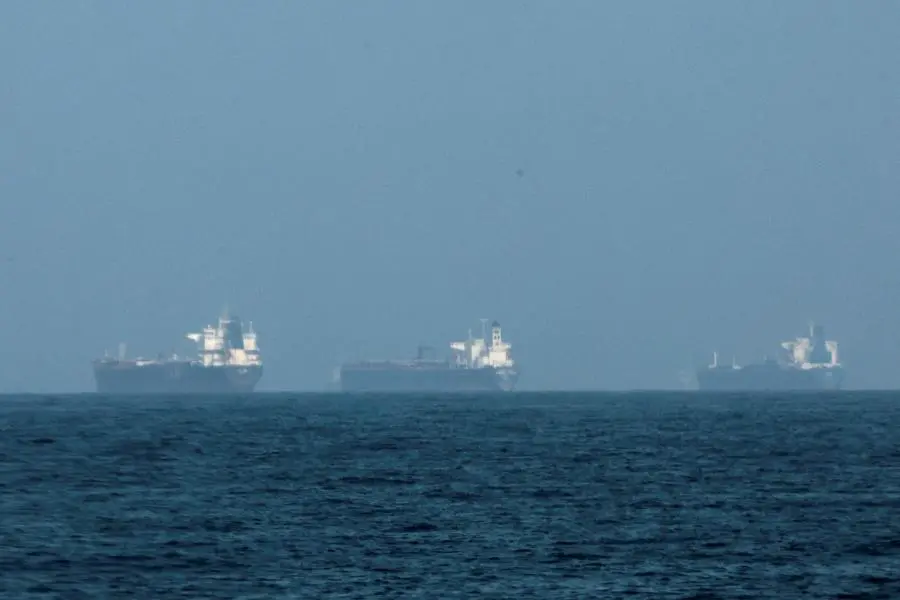PHOTO
The deadly earthquake that shook Morocco last week is unlikely to have a major impact on the country’s economy, according to Capital Economics.
“From a purely economic standpoint, it [the earthquake] should only have a small and short-lived impact on GDP,” said a briefing released on Monday by the London-based think tank. “The spillovers are also set to be limited on Morocco’s external and fiscal balance sheets.”
In support of its statement, Capital Economics underscores that the four regions affected including, Marrakech-Safi, Souss-Massa, Beni Mellal-khenifra, and Draa-Tafilalet, contributed less than 25% of the country’s GDP in 2021.
“The sectoral breakdown of these regions shows that they contribute to just over a third of Morocco’s primary sector, 18% of secondary, and nearly 25% of tertiary output,” the report read. In the meantime, the report acknowledges that these regions are usually the most visited by tourists, which may affect tourism revenues down the road.
The armed forces and rescue teams are still searching for survivors through the rubble in the High Altas region, which was hit by a quake of 6.8 magnitude on Friday night. The UN estimates that 300,000 people have been affected by the disaster.
Capital Economics stresses that the country’s macroeconomic indicators show enough resilience to overcome the impact.
“Morocco’s external position is stronger than its North Africa peers; the current account deficit narrowed to 3.2 % of GDP in Q1 and is largely financed by stable direct investment inflows,” the report read. Besides, the country’s foreign reserves, estimated at $32.8 billion, account for more than double its external financial requirements, the report added.
Hence, the country’s fiscal position gives the government enough room to loosen its fiscal policy by launching relief packages to those most affected by the earthquake, the report said.
“That said, policy would need to be tightened again in subsequent years in order to place the debt position on a sustainable footing,” the briefing contended.
Like most emerging markets, the Moroccan economy has been grappling with the compounded impact of the global pandemic and the Russian invasion of Ukraine. In April, Morocco secured an IMF two-year assistance program under the Flexible Credit Line of $5 billion, which required policymakers to implement further structural reforms.
Meanwhile, the report warns that the earthquake may aggravate the disruption of the country’s food supply, which is still struggling to reel out of an unprecedented drought. Further disruption is expected to result in new rounds of food price hikes.
(Reporting by Noha El Hennawy; editing by Seban Scaria) seban.scaria@lseg.com
